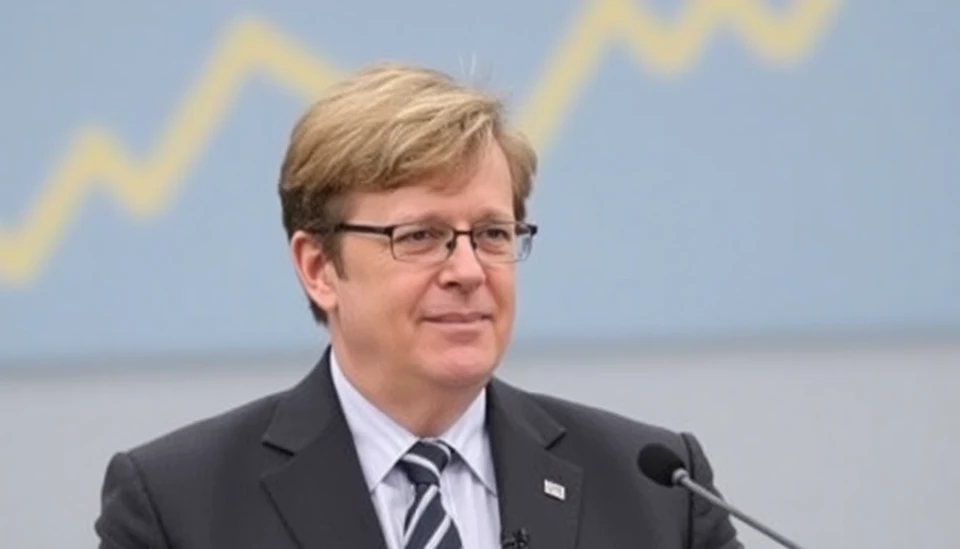
In an alarming turn of events, Germany, Europe's largest economy, is grappling with significant economic challenges, leaving many citizens feeling disillusioned and anxious about their future. Under Chancellor Olaf Scholz, the nation is experiencing what many are calling the worst economic blues seen in a generation. The ramifications of this economic decline are felt across all sectors of life in Germany, and the outlook appears grim.
Recent data indicates that the German economy has been in a prolonged state of stagnation, prompting experts to reconsider all previous forecasts. The German gross domestic product (GDP) is projected to face a modest contraction over the next year, a stark contrast to the positive growth anticipated by previous administrations. This foretells troubling times, as the country is on the precipice of a recession, and the ramifications of such a downturn are expected to ripple throughout Europe.
Chancellor Scholz's administration has struggled to provide effective solutions to the multifaceted crises facing Germany. Factors such as rising energy costs, inflationary pressures, and global supply chain disruptions contribute significantly to the economic malaise. Power and heating costs have surged of late, profoundly impacting household budgets and exacerbating the cost of living for many citizens.
The discontentment among the German populace is palpable. Surveys show that the level of optimism for future economic stability has plummeted. Many Germans now express doubt about their financial security and their ability to maintain their previous standard of living. The rising cost of everyday goods and services, coupled with stagnant wages, has led to a pervasive sense of fear among citizens about what lies ahead.
This dire economic landscape has sparked political ramifications as well. Scholz's approval ratings have taken a significant hit as citizens express frustration over the government’s purported lack of proactive measures. Critics accuse the administration of being overly passive in addressing critical issues such as unemployment, housing shortages, and public infrastructure. The government's delayed responses to also prevalent climate-related issues and energy transitions have led to further public scrutiny.
Despite the uphill battle, Scholz has vowed to stimulate economic recovery by investing in technology, energy modernization, and infrastructure. These efforts aim to bolster domestic production capabilities and increase resilience in the face of external shocks. However, many are skeptical, arguing that the challenges are too great to overcome without more immediate and robust interventions.
As Germany endeavours to navigate this challenging economic period, both the government and its citizens will have to adapt swiftly and effectively. The coming months will be critical in determining whether the current trajectory can be altered and stability restored to a nation that has long been a pillar of the European economy.
In conclusion, the situation in Germany under Chancellor Scholz remains perilous. With economic indicators pointing towards further decline and dissatisfaction among the population on the rise, it is imperative for the government to act decisively to address these pressing issues head-on.
#Germany #Economy #OlafScholz #Recession #EconomicCrisis #Inflation #CostOfLiving #EU
Author: Laura Mitchell




